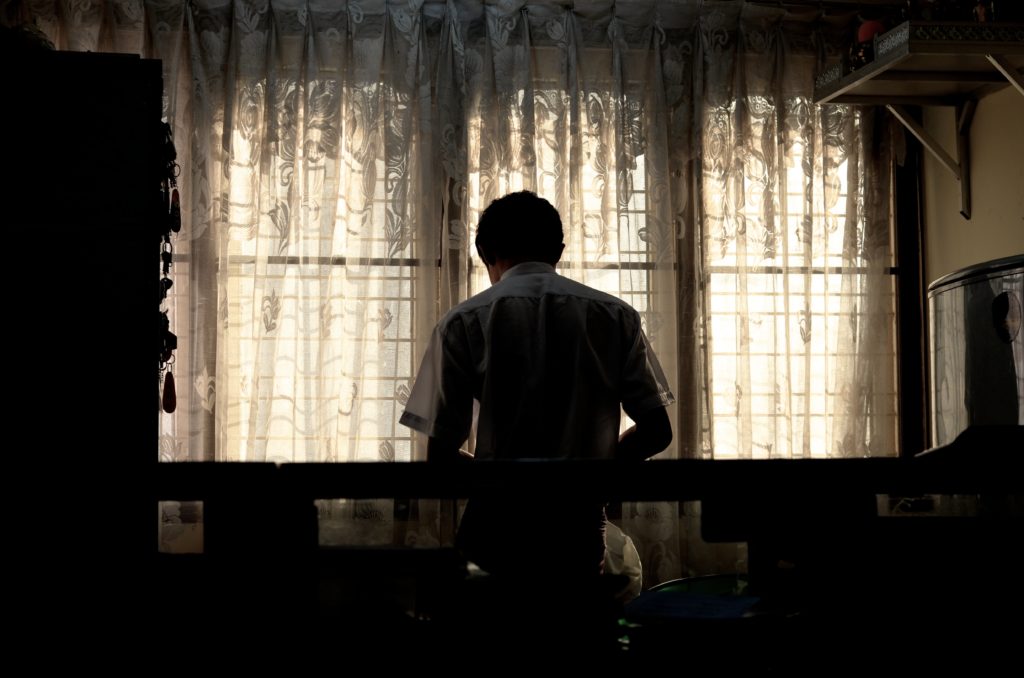Regardless of circumstances, addictions, or personal history – we all have experienced the universal emotions of shame and guilt. Guilt is the feeling of responsibility or remorse for a mistake – and shame is a painful feeling of distress caused by those mistakes. While they are different, these two feelings often go hand-in-hand; they make us feel humiliated, uncomfortable and embarrassed. They make us lose self-respect. They make us want to slink away from anyone or anything that may see us for our flaws. They distort the truth and cause self-hatred. They make us want to isolate, and search for ways to cover ourselves for our mistakes.
It’s no surprise that shame and guilt, therefore, are two of the leading critical factors related to drug and alcohol use and addiction.
If you’re struggling with addiction to heroin, prescription pills, alcohol – or substance of any kind – it’s likely that you’ve felt, or are feeling, the shame of addiction. It’s also likely that you have done everything you can think of to make it go away – even if it just for a short time. Shame and addiction tend to become a vicious cycle: the shame of addiction causes you to feel humiliated – so you self-medicate with your drug of choice. While your feelings of shame are temporarily released, you quickly feel embarrassed that you gave in and the shame returns. And so once again, you self-medicate. And while the cycle spins on, you feel out of control – powerless to the drug, disappointed and disgusted with your behaviors. You beat yourself up for your actions and your feelings, and you isolate. And because you feel like you deserve the punishment – shame becomes your prison. Sometimes, even after treatment and into early recovery – those powerful feelings of shame tend to creep back in. So how do you stop the cycle, cope with those feelings, and move forward? Working through feelings of shame often takes people recovering from addiction an extended period of time, but it is absolutely possible.
Below, are three powerful ways to do so.
- Finding Bravery. Shame feeds on fear. Fear feeds on shame. In another vicious cycle, fear and shame have caused you to isolate from those you love, from friends, from jobs, and from a life free of substance. Fear and shame have driven you into the darkness. It takes bravery to overcome fear and shame; to acknowledge your shame of addiction and the pain that is has caused; and to do so without judging yourself. It takes courage to open up about your addiction, seek help and connect with others. Bravery will bring you into the light, and closer to letting go of the shame.
- Connecting. Hurting happens in isolation. Healing happens through connecting. While your addiction may have lead to a very lonely life, in order to release the shame of addiction, you must realize that you are not alone in this world. There are people who genuinely care about you, perhaps people you didn’t even know existed – people who have walked in your shoes. And if you let them, there are people who will help you. These people will guide you and encourage you, help motivate you along your journey, and allow you to work through your shame.
- Caring. Releasing shame and guilt involves learning to empathize and forgive. When you are able to forgive and care for others, you’ll learn to care for and forgive yourself. Responding to others in meaning and caring way means being willing to hear someone else’s story and feeling compassion. You don’t have to heal the other person – just listen and be there for him or her. Being caring is one of the strongest remedies for shame because we’re able connect on a deeper level – to see, hear and feel what is happening in someone else’s shoes. When you give and receive compassion, you’re better able to release the feelings of shame and guilt.
Often, shame happens when we forget that we are human, and we make mistakes – it involves the perception that you are a failure, or that you are not good enough for forgiveness, love, trust, or happiness. Finding bravery, connecting with others, and truly caring about others are truly life-changing ways to move forward from the mistakes that we have made, and the shame that we have buried ourselves within. Overcoming guilt and shame from addiction are possible with the right tools – and it starts with the willingness to use them.


